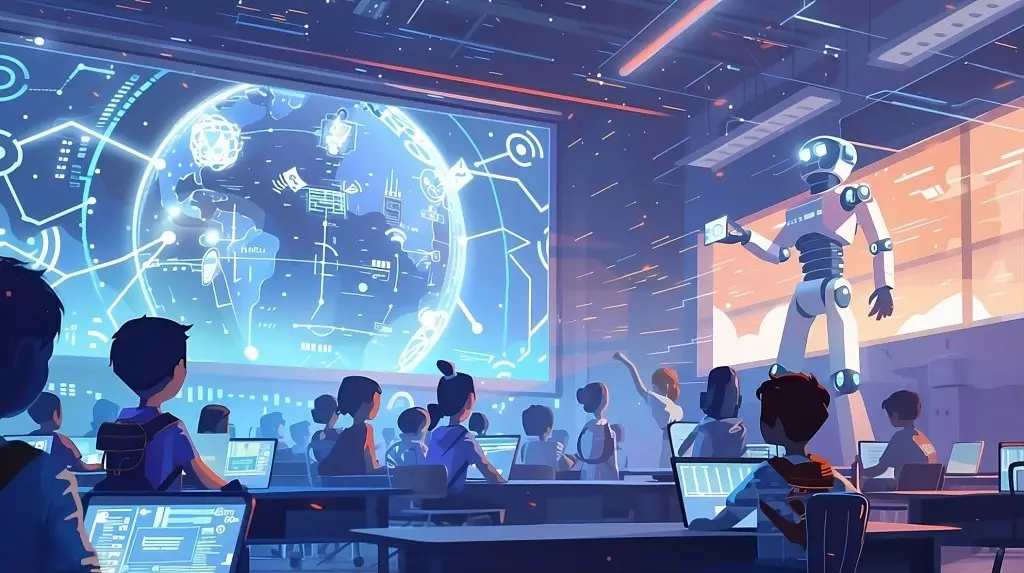As business leaders, the rapid advancement of Artificial Intelligence (AI) technology presents a challenge in identifying clear use cases and guidelines within organizations. The evolving nature of AI requires us to think ahead while also grounding ourselves in the present reality of how it impacts our business models, employee experience, and customer interactions. It is crucial for us to acknowledge our need to learn and adapt to effectively navigate the changing landscape of AI. The introduction of Generative AI in various industries has created a skills gap not only among leaders but also among employees, emphasizing the urgency to enhance our knowledge base and evolve with the technological advancements.
Closing the knowledge gap in AI is a top priority for leaders as employees report a lack of skills to effectively utilize Gen AI, with only a small percentage feeling confident in possessing in-demand AI skills. To guide organizations through disruptions and embrace the potential of AI, sustainable upskilling practices must be established. This involves leadership teams championing change and facilitating learning opportunities for employees. The regular use of AI in the workplace necessitates having leaders who can connect the dots for employees and empower them to leverage AI to enhance business offerings and customer support.
To ensure successful upskilling in the age of AI, business leaders must prioritize providing adequate resources for continuous learning opportunities. This includes workshops, third-party courses, and tuition reimbursements to support employees in upskilling efforts. It is essential to make these resources accessible to all employees and establish mechanisms for documenting and sharing learnings across the organization. Promoting a culture of learning and innovation through shared experiences can drive greater engagement and creativity among employees.
Business leaders must invest time in understanding emerging AI solutions and demonstrate the practical benefits of AI adoption within their organization. By upskilling themselves and mentoring others, leaders can earn buy-in from employees and inspire action towards integrating AI into everyday work routines. Hosting innovation challenges and incorporating AI into real projects can foster creativity and collaboration among employees. Regular check-ins with employees to gather feedback on professional development needs are crucial for aligning upskilling initiatives with their evolving skill sets.
Equipping employees with the necessary technologies, data, and infrastructure is vital to improving their AI skills effectively. Collaboration with leaders to enhance data practices and technology infrastructure will enable employees to achieve their AI goals. Industries reliant on data and computing, such as healthcare, finance, and manufacturing, should prioritize making necessary improvements to support AI upskilling initiatives. Iterating over time and ensuring technology infrastructure is up to date is essential for keeping pace with the evolving nature of Gen AI solutions.
The future of business operations and growth is closely tied to the effective use of AI solutions. To harness the potential of Gen AI and revolutionize work processes, organizations must embrace a culture of continuous learning and upskilling. AI upskilling may seem daunting, but it is a necessary step towards preparing employees for the future of work. By fostering a flexible training program within a culture that values collective learning, organizations can position themselves for success in the age of AI.


Leave a Reply